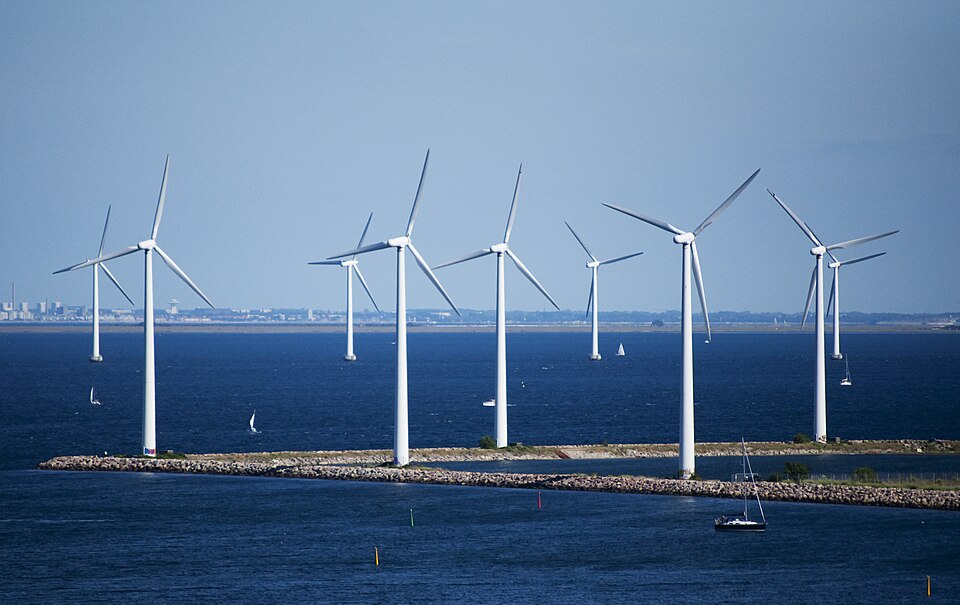(1).jpg)
Nuclear power gains attention in post-blackout Europe. (Photo: Unsplash)
Denmark’s Energy Minister announced in parliament on May 14 that the government will reassess the feasibility of new nuclear technologies as part of its strategy to bridge gaps in renewable energy supply.
This move reflects a growing trend across Europe—accelerated by last month’s massive blackout on the Iberian Peninsula—toward rethinking power policies to balance carbon reduction and national energy security.
Denmark to assess SMR potential
Lars Aagaard, Denmark’s Minister for Climate, Energy and Utilities, acknowledged that the country cannot rely solely on solar and wind power. Given that Denmark hasn’t operated a nuclear plant in decades, the government will study the potential and social implications of modern nuclear technologies, with a report expected next year.
The focus will be on small modular reactors (SMRs), a newer generation of nuclear technology. Aagaard stressed that Denmark has yet to determine whether SMRs are truly safe or how nuclear waste would be handled. “Are our authorities prepared if something goes wrong? We don't have that knowledge, but we need it,” he said.
Denmark enacted its nuclear ban in 1985. Currently, over 80% of its electricity comes from renewable sources like wind, solar, and biomass. Fossil fuels such as coal and natural gas account for a smaller share. The country also secures power via grid interconnections with Sweden and Norway, whose electricity supply is dominated by hydropower and, in Sweden’s case, nuclear energy.

Denmark gets over 80% of its power from renewables, with wind leading the way. (Photo: Wikipeida Commons)
In addition to Aagaard’s comments, former Danish Prime Minister Anders Fogh Rasmussen has openly criticized the ban as “ridiculous” and voiced his support for nuclear power as a stable, non-fossil baseload energy source. Danish billionaire Joachim Ante announced last month that he will raise €350 million (about USD 392 million) to build an advanced nuclear industry and supply chain in the country.
Spain softens anti-nuclear stance
Across Europe, nuclear power is seeing renewed interest, largely due to rising demand for low-carbon electricity and heightened concerns about grid reliability. The Iberian Peninsula’s recent blackout is believed to have sparked reconsideration in Spain, long seen as anti-nuclear, about whether to proceed with its scheduled reactor shutdowns.
Read more: Spain-Portugal blackouts highlight urgent need for EU grid modernization
In Germany, debates continue over the possibility of restarting nuclear plants, especially in the wake of the country’s ban on Russian natural gas imports. Meanwhile, neighboring countries such as the UK, France, and Belgium have opted to extend the operational life of existing reactors. Sweden has not only reversed its nuclear phase-out plans but also intends to build new plants to replace aging ones.
Source: The Guardian, Financial Times
.jpg)


